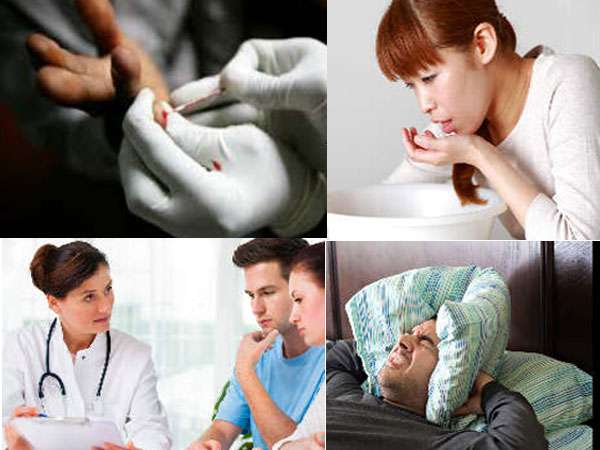Understanding PEP and HIV Treatment: Protecting Yourself from HIV
HIV (Human Immunodeficiency Virus) continues to be a global health challenge, but significant progress has been made in its prevention and treatment. One of the critical prevention tools available today is PEP (Post-Exposure Prophylaxis), a treatment designed to reduce the risk of contracting HIV after potential exposure. Whether through unprotected sex, needle sharing, or other high-risk activities, PEP can be a life-saving option when administered correctly and promptly. Alongside PEP, advances in HIV treatment have made managing the virus more effective than ever before.
PEP (Post-Exposure Prophylaxis) is an emergency treatment for HIV prevention. It involves taking antiretroviral medications after a possible exposure to the virus to prevent it from establishing an infection in the body. PEP must be started within 72 hours (3 days) after exposure, and the sooner it is administered, the more effective it is at preventing HIV.
Preventive education and prevention (PEP) is a response to certain situations, like:
• Unprotected relationships with an HIV-positive or unknown partner
• Sharing syringes or needles
• Exposure at work (such as for healthcare personnel)
• Sexual violence
How Does PEP Work? PEP works by using antiretroviral drugs to block HIV from replicating in the body after exposure. These medications stop the virus from multiplying and spreading, preventing it from taking hold in the immune system.
A typical PEP regimen involves a 28-day course of antiretroviral drugs. It’s crucial to complete the full course of treatment and follow up with HIV testing to ensure that the virus has not been transmitted.
After exposure to HIV, some people may experience acute symptoms, but many remain asymptomatic for a long time. Recognizing early symptoms of HIV is critical, as early diagnosis allows for timely treatment and management. Some common symptoms of HIV in the early stages include:

- Fever
- Chills
- Rash
- Night sweats
- Muscle aches
- Sore throat
- Fatigue
- Swollen lymph nodes
- Mouth ulcers
These symptoms usually appear within 2 to 4 weeks after exposure and are often mistaken for a viral infection like the flu. However, HIV may remain asymptomatic for years while continuing to damage the immune system, so regular testing is essential, especially for individuals engaging in high-risk activities.
Why Timeliness is Critical
PEP must be started within 72 hours after a possible HIV exposure, but the sooner it begins, the better. Delays beyond 72 hours significantly reduce the effectiveness of the treatment. Once the full 28-day course is completed, follow-up HIV testing is done to ensure the virus has not been contracted.
If you believe you’ve been exposed to HIV, contact a healthcare provider like Dr. Vinod Raina, one of the best PEP treatment specialists in Delhi, immediately for assessment and to begin treatment.
HIV Treatment and Care
While PEP is a preventive measure, HIV treatment involves long-term management for those who are already living with the virus. Thanks to modern advancements, HIV is no longer a death sentence but a manageable chronic condition. Antiretroviral therapy (ART) is the cornerstone of HIV treatment, helping individuals maintain a high quality of life by keeping the virus at undetectable levels.
Fighting HIV: The Role of Prevention and Early Intervention
While HIV treatment has come a long way, prevention remains the most effective strategy to combat the virus. PEP, PrEP, condom use, and safe needle practices all play a crucial role in reducing new infections. Early diagnosis through regular testing is equally important, as it allows individuals to start treatment before the virus causes significant damage.
Conclusion
PEP is an essential tool in the fight against HIV, offering a window of opportunity to prevent infection after exposure. Alongside modern HIV treatments like ART, individuals at risk or living with HIV can manage their health effectively. Whether you need PEP after a potential exposure or ongoing HIV treatment, seeking timely, expert care is key to preventing and managing the virus. For those in Delhi NCR, Dr. Vinod Raina provides trusted guidance and treatment, helping you take control of your sexual health.